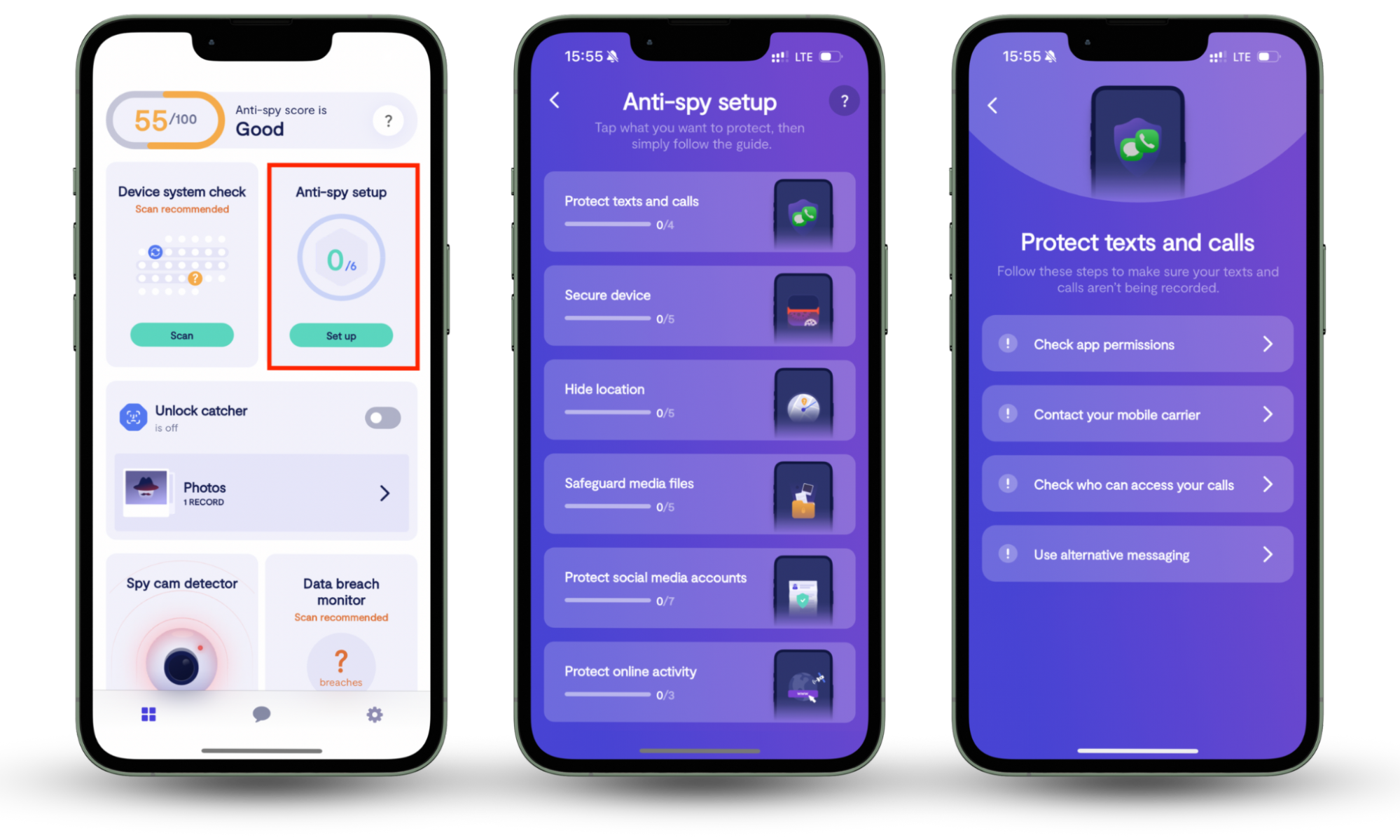Table of contents
- What is toxic relationship
- Types of toxic relationships
- What’s the difference between a toxic and abusive relationship
- What to do if you’re in a toxic relationship
- Conclusion
What is toxic relationship
What is the definition of a toxic relationship? A toxic relationship is one that makes you feel consistently bad. This toxic relationship's meaning is simple: instead of feeling supported, you feel drained, insecure, watched, and restrained.
Toxic relationships can exist with anyone, including partners, family, and friends. They aren’t just a normal relationship with occasional fights; it’s a constant pattern of behavior that makes you feel bad about yourself.
Unlike a healthy relationship, a toxic one feels like a constant struggle. It wears you down over time, forming an unhealthy attachment that feeds the toxicity rather than healing it. When you’re in a toxic relationship, your mental health and emotional well-being are at risk.
Here are common red flags that define a toxic relationship:
- Constant criticism: They belittle you, your interests, or your accomplishments.
- Toxic communication: They use sarcasm or blame you for everything. They may also give you the silent treatment.
- Controlling behavior: They dictate who you see, what you do, or how you spend your money.
- Dishonesty: They lie to you or hide information to manipulate your psychology. Here are some other examples of manipulation in a relationship.
- Extreme jealousy: They act possessively or constantly accuse you of things you did not do.
- Feeling on edge: You feel like you are walking on eggshells to prevent their mean anger.
- Isolation: They try to cut you off from your friends and family support.
- Ignoring your needs: They make the relationship all about them and dismiss your feelings.
Types of toxic relationships
Toxic relationships often follow patterns based on the main harmful behavior the person uses to control or manipulate you. The four main types of toxic relationships are:
- The belittler: This person constantly criticizes you. They make fun of your interests. They try to make you feel small or unimportant.
- The blamer: This person makes everything your fault. They make you feel guilty for things that are not your responsibility and refuse to take accountability for their own actions.
- The over-reactor: This person’s emotional responses are over-the-top and unpredictable. A small issue can cause an explosive outburst. You feel like you always have to manage their emotions.
- The user: This person expects huge favors from you and does very little in return. The relationship feels very one-sided.
These types of controlling behavior are why having genuine support is so crucial. One of our support agents, Fane, recently assisted a person in a frightening situation. She felt she was being stalked, so Fane guided her through the immediate steps to take.
He advised her to block the individual on all apps and showed her how to check her phone for spyware. He also helped her secure her online accounts, which brought her a much-needed sense of relief and peace of mind.
What’s the difference between a toxic and abusive relationship
The main difference between toxic and abusive relationships is that an abuser causes fear and harm to maintain power. All abusive relationships are toxic, but not all toxic relationships are abusive.
In an abusive relationship, the abuser can use physical violence, threats, financial control, and psychological manipulation to stay in control. It’s a one-way dynamic that makes you, as the victim, feel powerless.
A toxic relationship is broader. It might be a friendship with someone who only takes from you, or a family relationship where both people constantly criticize each other. These dynamics are unhealthy and draining, but they aren’t necessarily abusive.
Figuring out whether your relationship is toxic or abusive is the first step in knowing what to do next.
What to do if you’re in a toxic relationship
As soon as you see the harmful pattern in your toxic relationship, you can take action. Remember, your priority should be your own well-being and safety. Here’s what to do:
- Acknowledge the problem. Trust your feelings. If you always feel drained or anxious around someone, accept that it’s a serious problem. This can be hard because of trauma bonding, but you need to stop making excuses for their behavior.
- Seek support. Talk to someone you trust. Toxic people often rely on you feeling isolated, so reaching out to someone else can break that isolation. Getting an outside perspective from support systems or therapy can also confirm that your feelings are valid.
- Set firm boundaries. Choose what behaviors you’ll no longer accept from your toxic relationship. Tell them clearly and firmly, and let them know that you’ll leave if they cross that boundary.
- Watch their reaction. How the person responds to your boundary will tell you everything. A toxic person will get angry, ignore your limits, and try to make you feel guilty. A healthy person will try to respect it, which is essential for trust in a new relationship.
- Be prepared to leave. If they continue to disrespect your boundaries, you may need to end the relationship. Limit contact or cut ties completely to begin the healing process and regain your independence.
A controlling partner can easily turn to digital spying to maintain power. Clario’s Anti-spy setup helps you set your phone up so that toxic people will find it much harder to track and control you. Here’s how to use it:
- Download Clario Anti Spy and create your account.
- On the dashboard, press Anti-spy setup.
- Follow the on-screen instructions and let Clario Anti Spy find your device’s vulnerabilities.
- If the app finds any threats, it’ll guide you on how to fix them.

If you ever feel unsafe or find yourself in physical danger, contact emergency services or an abuse hotline immediately.
Conclusion
You have the power to break the cycle of a toxic relationship. Recognizing the damaging behaviors is the first step. The next is to set boundaries and prioritize your well-being. If your partner’s controlling behavior leads to them digitally spying on you, you also need to take action to protect your privacy. Clario’s Anti-spy setup helps you find and remove vulnerabilities on your device, giving you back your privacy and security.


